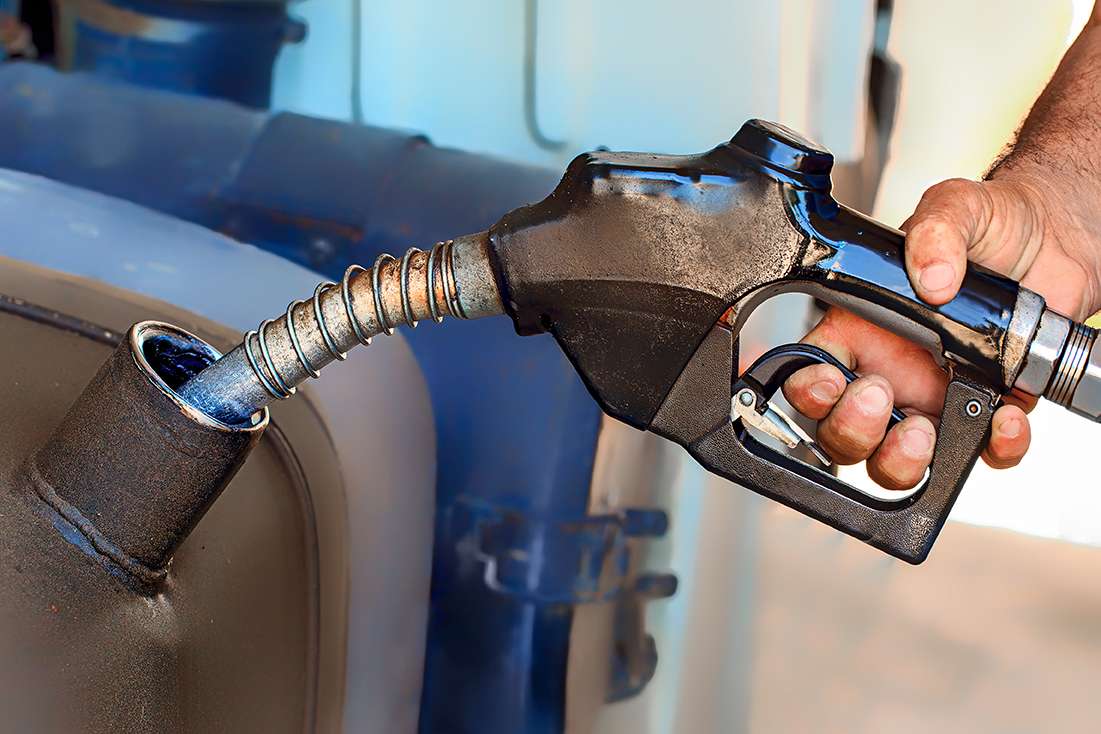Make the Most of Your Trip—The Science of Fuel Economy

A few months back, we published an NTB Trucking blog post about fuel economy. Well, we’re at it again with a little science about fuel and a couple more reminders on how to stay on budget as you drive.
Some Science Behind Fuel Economy
The good news is that the summer season is in our favor when it comes to the rate of fuel consumption because fuel burns cleaner as temperatures rise. The bad news is that the savings are offset by some other factors that drive fuel prices up when it gets warm.
Why are summer grades of fuel more expensive? The ingredients used in summer fuel grades are simply more expensive. To keep evaporation down and lubricating properties up, both gasoline and diesel mixtures are optimized for summer use. Refineries shut down for a period of time while making the switch from producing winter grade fuel to summer grade. This also drives prices up slightly. Whether you are driving an 18 wheel rig or a four wheel SUV, the science behind fuel economy is constant.
So, When Does Traffic Flow Faster—Summer or Winter?
It’s a bit of a toss-up whether one would consider driving in the summer faster or slower than in winter. On the one hand, in the summer there are typically more people leaving their hometowns to hit tourist destinations and the beaches while the weather is good, thus causing congested highways. Road construction slow-downs are also much more common during summer months. On the other hand, we don’t have the ice and snowy conditions to contend with, making travel easier without it.
One benefit of being an NTB driver is that the majority of routes are driven at night, when most tourists are sleeping and some construction projects take a break. When do you prefer to do your driving—winter vs. summer, daytime vs. night?
Those Additional Tips We Mentioned
Do you have a habit of resting your left foot on the brake pedal? Not only will this habit wear the brakes much faster than is necessary, but it also makes the engine work harder as you are accelerating at the same time as causing friction, making it harder for the engine to work properly.
“Aggressive driving (speeding, rapid acceleration and braking) wastes gas. It can lower your gas mileage by roughly 15% to 30% at highway speeds and 10% to 40% in stop-and-go traffic.” U.S. Department of Energy
Accelerating hard and fast really doesn’t get you there any faster, it just uses more energy. So, get to speed at a reasonable rate and keep your speed steady. This can best be achieved by keeping a safe distance from the vehicle in front of you and paying attention to traffic conditions further ahead.
Summary
Share your favorite summer driving tips in the comments section below, or on our Facebook Page.
Start Your Driving Career: apply to drive with NTB.
Ride with Pride: Shop NTB gear from mugs to sweatshirts.